Micronized Creatine vs. Monohydrate: Core Ingredients and Benefits
In the world of sports nutrition, micronized creatine and creatine monohydrate stand out as popular supplements for athletes and fitness enthusiasts. Both forms contain the same active compound, creatine, but differ in particle size. Micronized creatine undergoes a process that reduces its particles, potentially improving solubility and absorption. This article delves into the core ingredients, benefits, and key differences between these two creatine formulations, helping you make an informed decision for your performance goals.
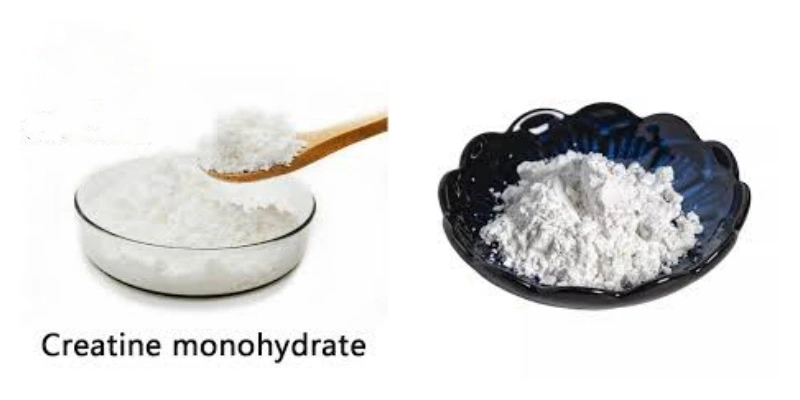
Product Name: Creatine Monohydrate
Creatine Monohydrate PowderSpecification: 99.5%-102.0%, HPLC
CAS: 6020-87-7
Creatine monohydrate Professional Manufacturer and Supplier
Free Sample Available, MSDS Available
Same Active Compound
Creatine's Role in Energy Production
Creatine plays a crucial role in energy production within our muscles. It serves as a quick source of fuel for high-intensity, short-duration activities by replenishing adenosine triphosphate (ATP), the primary energy currency of cells. This process allows athletes to maintain peak performance during intense workouts or competitions.
The body naturally produces creatine in small amounts, primarily in the liver, kidneys, and pancreas. However, supplementation can significantly increase creatine levels in muscles, enhancing energy availability and performance. Both micronized creatine and creatine monohydrate provide this essential compound to support athletic endeavors.
Chemical Structure: Micronized vs. Monohydrate
At their core, micronized creatine and creatine monohydrate share the same chemical structure. The primary difference lies in the particle size rather than the molecular composition. Creatine monohydrate consists of a creatine molecule bound to a water molecule, forming a stable compound. Micronized creatine undergoes an additional processing step to reduce particle size but maintains the same chemical structure as its monohydrate counterpart.
This similarity in chemical structure means that both forms of creatine provide the same fundamental benefits. The key distinction lies in how the body processes and utilizes these different particle sizes.
Absorption Rates: Is There a Difference?
The absorption rates of micronized creatine and creatine monohydrate have been a topic of debate among researchers and athletes. Some proponents of micronized creatine argue that its smaller particle size leads to improved absorption in the intestines. However, scientific evidence supporting this claim remains limited.
Studies have shown that both forms of creatine are effectively absorbed by the body, with creatine monohydrate demonstrating excellent bioavailability. While micronized creatine may dissolve more easily in liquids, this doesn't necessarily translate to superior absorption or effectiveness. The body's ability to utilize creatine depends on various factors, including individual physiology and overall diet.
Micronized Creatine: Smaller Particle Sizes
The Science Behind Micronization Process
The micronization process involves reducing the particle size of creatine monohydrate to create a finer powder. This technique typically uses advanced milling equipment to break down the creatine crystals into smaller units. The resulting product, micronized creatine, has a significantly larger surface area compared to standard creatine monohydrate.
This increased surface area is the key feature that distinguishes micronized creatine from its non-micronized counterpart. The science behind this process suggests that smaller particles may interact more effectively with water molecules, potentially leading to improved solubility and mixability.
Improved Solubility and Mixability
One of the primary advantages of micronized creatine is its enhanced solubility in liquids. The reduced particle size allows the powder to disperse more evenly in water or other beverages, resulting in a smoother mixture with less settling or clumping. This improved mixability can be particularly beneficial for users who prefer to consume their supplements in liquid form.
The enhanced solubility of micronized creatine may also contribute to a more pleasant supplementation experience. Users often report less grittiness and a smoother texture when consuming micronized creatine compared to standard creatine monohydrate.
Potential for Enhanced Bioavailability
While the improved solubility of micronized creatine is well-established, its impact on bioavailability remains a topic of ongoing research. Some studies suggest that the smaller particle size may facilitate faster absorption in the gastrointestinal tract, potentially leading to more efficient uptake by muscle cells.
However, it's important to note that the body's ability to absorb and utilize creatine is influenced by various factors beyond particle size. These include individual physiology, timing of consumption, and overall dietary habits. More research is needed to definitively determine whether micronized creatine offers significant advantages in terms of bioavailability compared to standard creatine monohydrate.
Benefits For BothMuscle Growth and Strength Gains
Both micronized creatine and creatine monohydrate have demonstrated impressive benefits for muscle growth and strength gains. These supplements work by increasing the availability of creatine phosphate in muscle cells, which serves as a rapid energy source during high-intensity activities. This increased energy availability allows athletes to perform more repetitions or lift heavier weights, leading to greater muscle hypertrophy and strength improvements over time.
Research has consistently shown that creatine supplementation, regardless of the form, can enhance muscle mass and strength when combined with resistance training. A meta-analysis published in the Journal of Strength and Conditioning Research found that creatine supplementation led to significant increases in lean body mass and muscular strength compared to placebo groups.
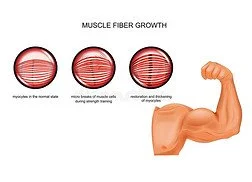
Athletic Performance Enhancement
Creatine supplementation has been shown to improve performance in various athletic activities, particularly those involving short bursts of high-intensity effort. Both micronized creatine and creatine monohydrate can enhance power output, sprint performance, and recovery between intense bouts of exercise.
A study published in Medicine & Science in Sports & Exercise demonstrated that creatine supplementation improved repeated sprint performance in team-sport athletes. This improvement in high-intensity exercise capacity can translate to better overall athletic performance across a wide range of sports and activities.

Cognitive Function and Brain Health
Beyond its well-known effects on physical performance, creatine has also shown promising benefits for cognitive function and brain health. The brain requires significant energy to function optimally, and creatine plays a role in energy metabolism within brain cells.
Research published in the journal Nutrients has suggested that creatine supplementation may improve cognitive performance, particularly in tasks involving short-term memory and intelligence. Additionally, some studies have explored the potential neuroprotective effects of creatine, indicating possible benefits for brain health and resilience against neurological disorders.
In the comparison between micronized creatine and creatine monohydrate, both forms offer similar core benefits for muscle growth, strength gains, and athletic performance. The primary distinction lies in the particle size, with micronized creatine offering improved solubility and mixability. While some users may prefer the smoother texture of micronized creatine, the choice between the two ultimately comes down to personal preference and individual response. Both forms have been extensively studied and proven effective in supporting athletic performance and muscle development.

Wholesale Bulk Creatine Monohydrate Powder
At Shaanxi Rebeccia, we pride ourselves on delivering high-quality creatine monohydrate to meet the diverse needs of our customers. Our production base is equipped with internationally leading extraction, separation, and purification equipment, and operates in strict compliance with GMP and ISO standards. From raw material procurement to finished product delivery, every step undergoes rigorous quality control to ensure the safety and efficacy of our products. We offer creatine monohydrate powder with a specification of 99.5%-102.0% (HPLC). As a professional manufacturer and supplier, we provide free samples and MSDS upon request. To learn more about our wholesale options or to request a sample, contact us at information@sxrebecca.com.
References
- Kreider, R.B., et al. (2017). International Society of Sports Nutrition position stand: safety and efficacy of creatine supplementation in exercise, sport, and medicine. Journal of the International Society of Sports Nutrition, 14, 18.
- Cooper, R., et al. (2012). Creatine supplementation with specific view to exercise/sports performance: an update. Journal of the International Society of Sports Nutrition, 9(1), 33.
- Rawson, E.S., & Volek, J.S. (2003). Effects of creatine supplementation and resistance training on muscle strength and weightlifting performance. Journal of Strength and Conditioning Research, 17(4), 822-831.
- Dolan, E., et al. (2019). Beyond muscle: the effects of creatine supplementation on brain creatine, cognitive processing, and traumatic brain injury. European Journal of Sport Science, 19(1), 1-14.
- Gualano, B., et al. (2012). Exploring the therapeutic role of creatine supplementation. Amino Acids, 42(5), 1409-1418.


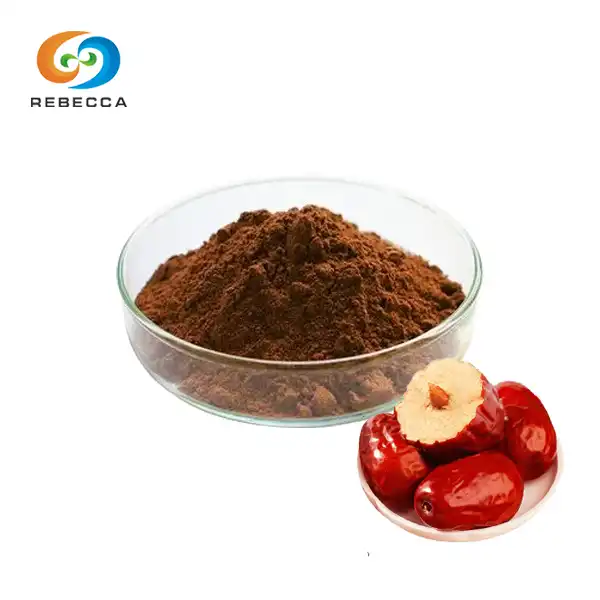
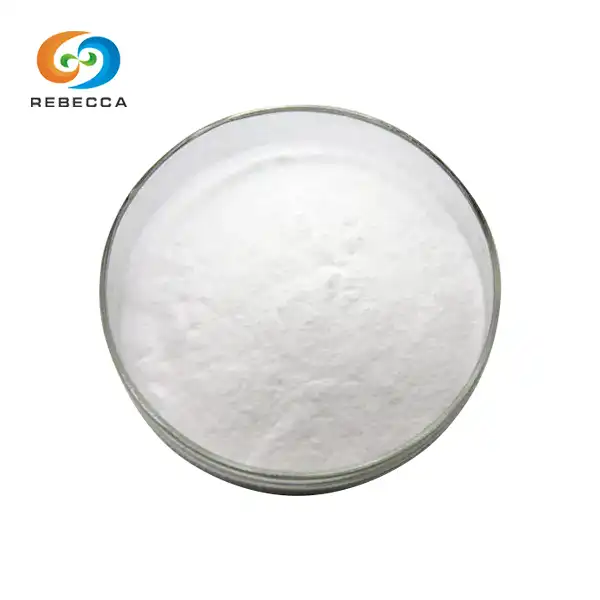
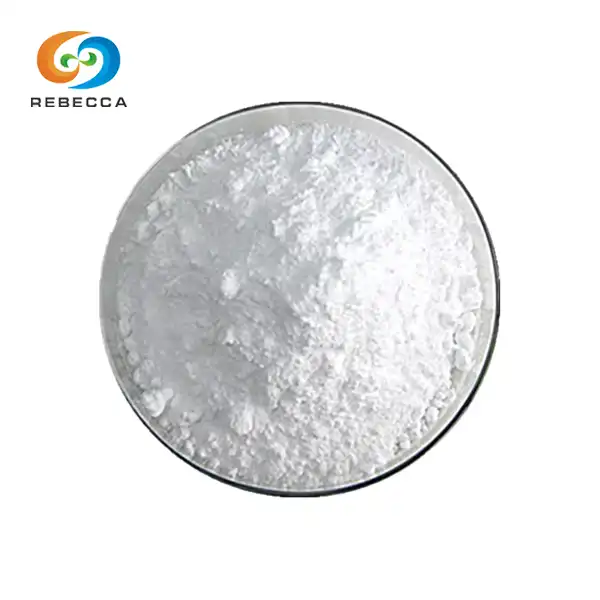
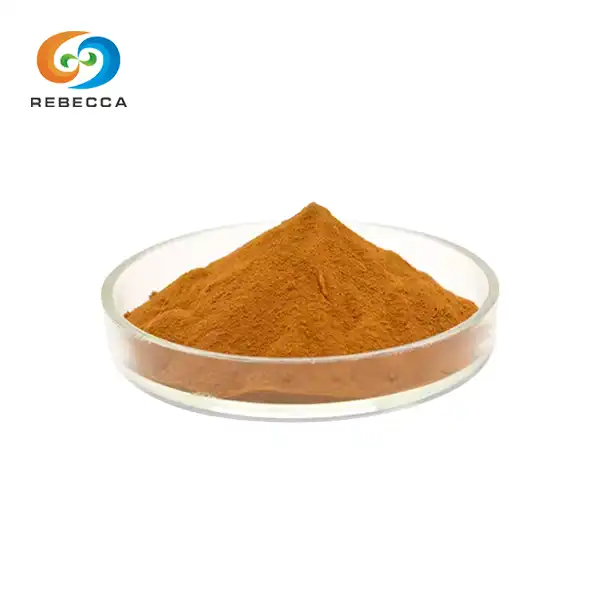
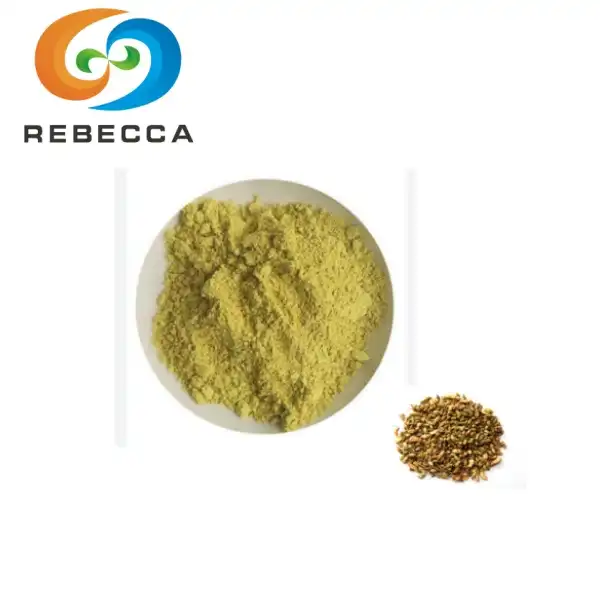
 EXTRACT_1756803389333.jpg)
